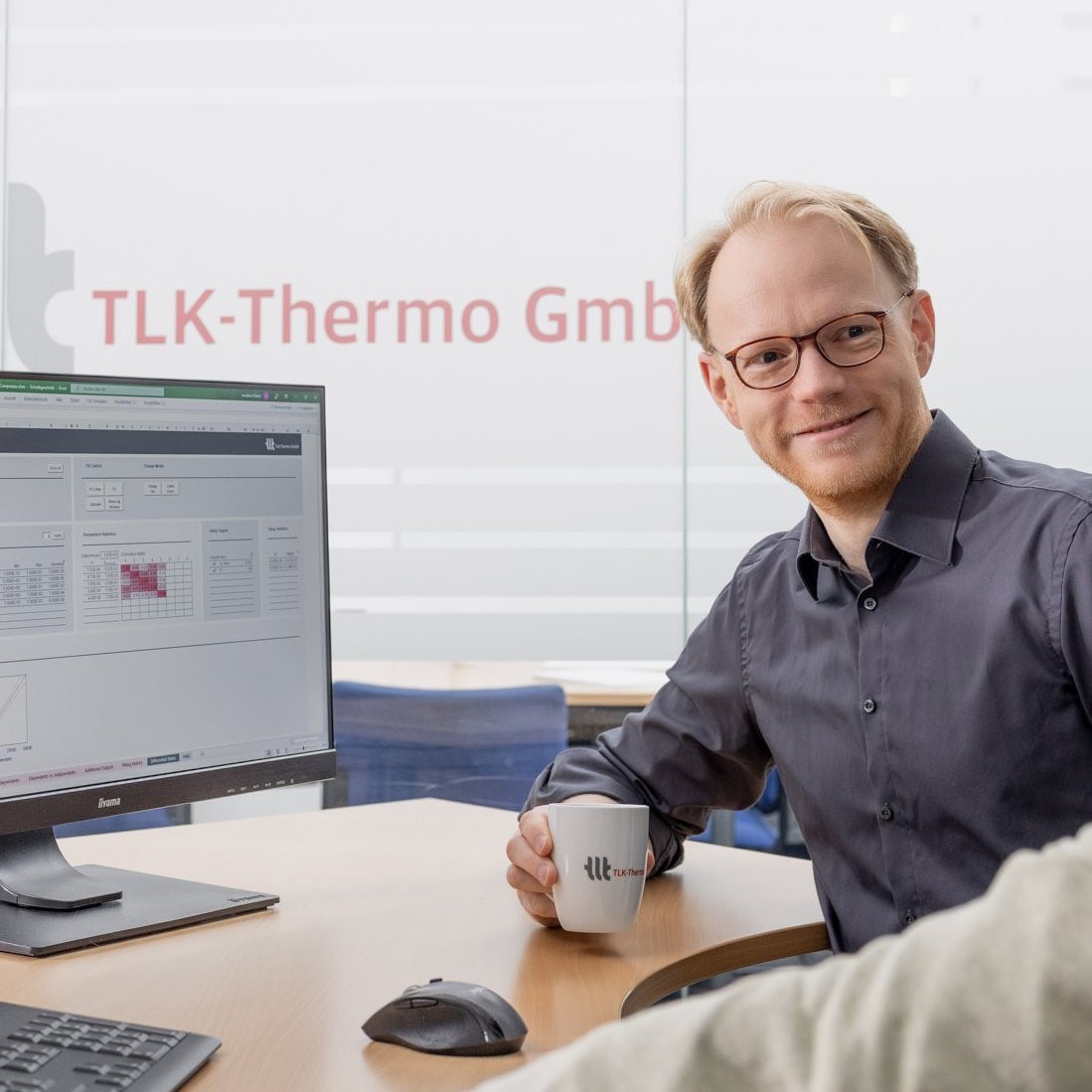We offer our customers nine versatile software products for physical modelling, simulation, visualization, automation, co-simulation and model exchange. We are constantly developing our software and can also adapt it to special requirements on request. Together with our worldwide sales partners, we naturally offer you comprehensive support for every product. On the following pages you will find technical details and examples of use cases for the individual software products:
Software
TIL Suite
TIL Suite consists of the model library TIL and the material data library TILMedia. With this software package we enable our customers to perform steady-state and transient simulations of thermodynamic components and systems. In addition, we offer many subject-specific components and systems in additional add-on libraries. The TIL models can either be used in Modelica simulators or exported for use in other simulators via code export or model exchange.
TILMedia Suite
TILMedia Suite enables our customers to calculate thermophysical properties of liquids, gases, real substances with a two-phase region, and mixtures. We provide data for numerous media, many of which are calculated using our own highly efficient and accurate real-time substance data implementation. A central program core and diverse interfaces enable it tob e used in a variety of applications and computer languages.
ClaRa+
ClaRa+ is a software library developed by TLK-Thermo and XRG Simulation. It contains power plant components programmed in the Modelica modeling language. With ClaRa+ our customers are able to dynamically simulate power plants and thus to answer current questions of power plant operation.
DaVE
DaVE is a visualization environment that allows our customers to perform post-processing, to display dynamic data online, and to create P&I flow diagrams. The software supports various data sources: not only files of different formats, but also online connections to simulations and measurements. Various instruments are available for visualization, which can be freely arranged and configured.
TISC Suite
TISC Suite is a co-simulation environment that our customers can use to combine calculation models across simulators to form an overall system and simulate it. Our software package contains various applications as well as interfaces to simulation programs and hardware, which enable the control of the co-simulation and the data exchange between the individual model simulations.
Simulator Suite
The Simulator Suite enables our customers to efficiently evaluate models based on the Functional Mock-up Interface standard (FMI) or compiled Dymola code. With our software package, models can be simulated in familiar applications such as Excel or LabVIEW as well as used via SDKs in C/C++ and Python. Extensive configuration options and specialized solver technology allow high-performance evaluation of complex thermodynamic systems.
Optimization Suite
The Optimization Suite supports our customers in the model-based design and optimization of the control of systems, especially thermal systems. With the help of various optimization algorithms, our software package enables steady-state and dynamic optimizations as well as parameter estimates of simulation models. The Optimization Suite offers a Python interface with which these optimization problems can be defined, solved, and evaluated.
ModelFitter
ModelFitter supports our customers in the automated fitting of model parameters and the design of experiments (DOE). The optimization algorithm used, in combination with efficient evaluation routines, enables simple fitting even for dynamic, highly non-linear models. Our software loads models using the FMI standard or from compiled Dymola code and can be used either as an Excel tool or via a Python interface.
MoBA Automation
MoBA Automation enables our customers to automate individual workflows in the areas of simulation, measurement, and software development. It can be used to automate all tasks in the context of model or measurement data supported development as well as the analysis and optimization of technical systems. In the context of software development, MoBA supports the automation of testing, integration, and deployment.

Software Development
We develop platform-independent, customized software for our customers. In particular, we create software for physical modelling, for the visualization of measurement data and simulation results, as well as for interoperability between different programs. We work with various programming languages and have access to a large number of our own libraries.